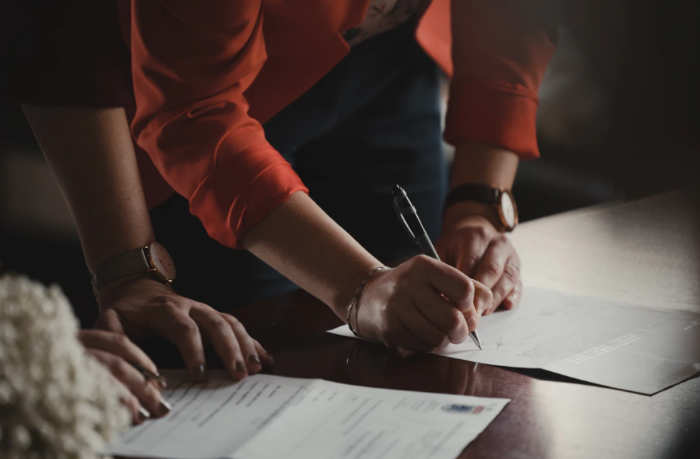Imagine for a moment that you and your spouse or marital partner have enjoyed a happy and thriving marriage. A great helper, your spouse or marital partner has been a huge aid in cooking and cleaning and is always ready to help pick your children up from school and activities. He even makes sure the house is clean and the lawn mowed each week! Suddenly, a tragic car accident causes your spouse or marital partner to become injured – leaving them significantly injured. No longer can they help you around the home and engage with you or your children in the ways they once did. Now your days are filled with driving them to and from appointments and treatments, and your days are filled with arguing rather than joyful moments. A tragic situation for all involved, you begin to wonder what your options are for finding hope and help, in the midst of your struggle. Fortunately, there is help for those who have experienced the loss of love and enjoyment in a marital relationship, as a result of a personal injury suffered by a spouse or marital partner. This is a loss of consortium claim.
What Is Loss of Consortium?
Loss of Consortium in Florida was defined by the Florida Supreme Court in the landmark case Gates v. Foley. In that case, the court defined consortium as “the companionship and fellowship of husband and wife and the right of each to the company, cooperation and aid of the other in every conjugal relation.” Extending beyond just a sexual relationship, consortium may also include a variety of personal relational elements, such as “affection, solace, comfort, companionship, conjugal life, fellowship, society and assistance so necessary to a successful marriage.” This open the door much wider to the possible damages that compensation can be filed for when personal injury damages the relationship and livelihood between individuals.
What Damages Can Be Filed In Loss of Consortium Claims?
Loss of consortium claims allow for individuals to receive compensation for non-economic loss and harm that occurs when their relationship is damaged due to personal injury. Wondering what damages might be filed in a loss of consortium claim? Consider the following possibilities:
- Loss of help in raising children
- Lack of ability to complete household chores
- Disruption of companionship and friendship with a spouse
- The end of a sexual relationship
- Emotional damages such as shock, mental pain and suffering, and emotional distress
As you can imagine, working through a loss of consortium claim can be a personal process that gets into details you may otherwise be uncomfortable sharing with just anyone. At Reeder & Nussbaum, our team of compassionate and patient attorneys work to ensure your privacy and protection when working through the process of filing a loss of consortium claim, and will work with you to help you understand the types of personal information that may be required of you to report.
What Must You Prove In A Loss Of Consortium Claim?
In Florida law, for an individual to file and successfully win a loss of consortium claim, their loved one must have been involved in a personal injury that damages or limits their ongoing relationship with the person filing the suit. The injury doesn’t always have to be a long-lasting one, but if all that has been experienced is a few bumps, scrapes, and bruises, you may find it difficult to prove your case. In general, there are four elements that must exist for damages to be received in a Florida Loss of Consortium claim:
- The individual filing the claim must have been married when the personal injury occurred.
- The personal injury accident must have been caused due to negligence or intentional action.
- The conduct of the defendant in the case must have been negligent and risking harm to others.
- The individual filing the claim must be able to prove an actual loss of consortium due to the personal injury.
It is important to note that when filing a loss of consortium claim, the individual’s spouse must also have the ability to file a valid personal injury claim in order for damages to be recovered. Without the ability to file a personal injury suit, the spouse will not be able to successfully file a loss of consortium claim. The claims may be distinct due to the loss incurred between the two of you, but the validity of the personal injury must be proven.
When To Hire A Personal Injury Attorney
If you have experienced the trauma and tragedy of a personal injury accident with a loved one, the impacts can be devastating and long-lasting. You deserve to receive the compensation that you are entitled to so that you can begin the process of healing. If you would like to learn more about Loss of Consortium law as well as what benefits and compensation you may be entitled to, contact the law firm at Reeder & Nussbaum today. Our team of highly skilled and experienced lawyers can offer a complimentary consultation that will give you clear guidance and wisdom for what the next steps in a personal injury suit may look like, as well as how our team can help you get the help you need. If you live in the St. Petersburg area, contact our team today to learn how a loss of consortium claim can get you down the road to recovery today.

